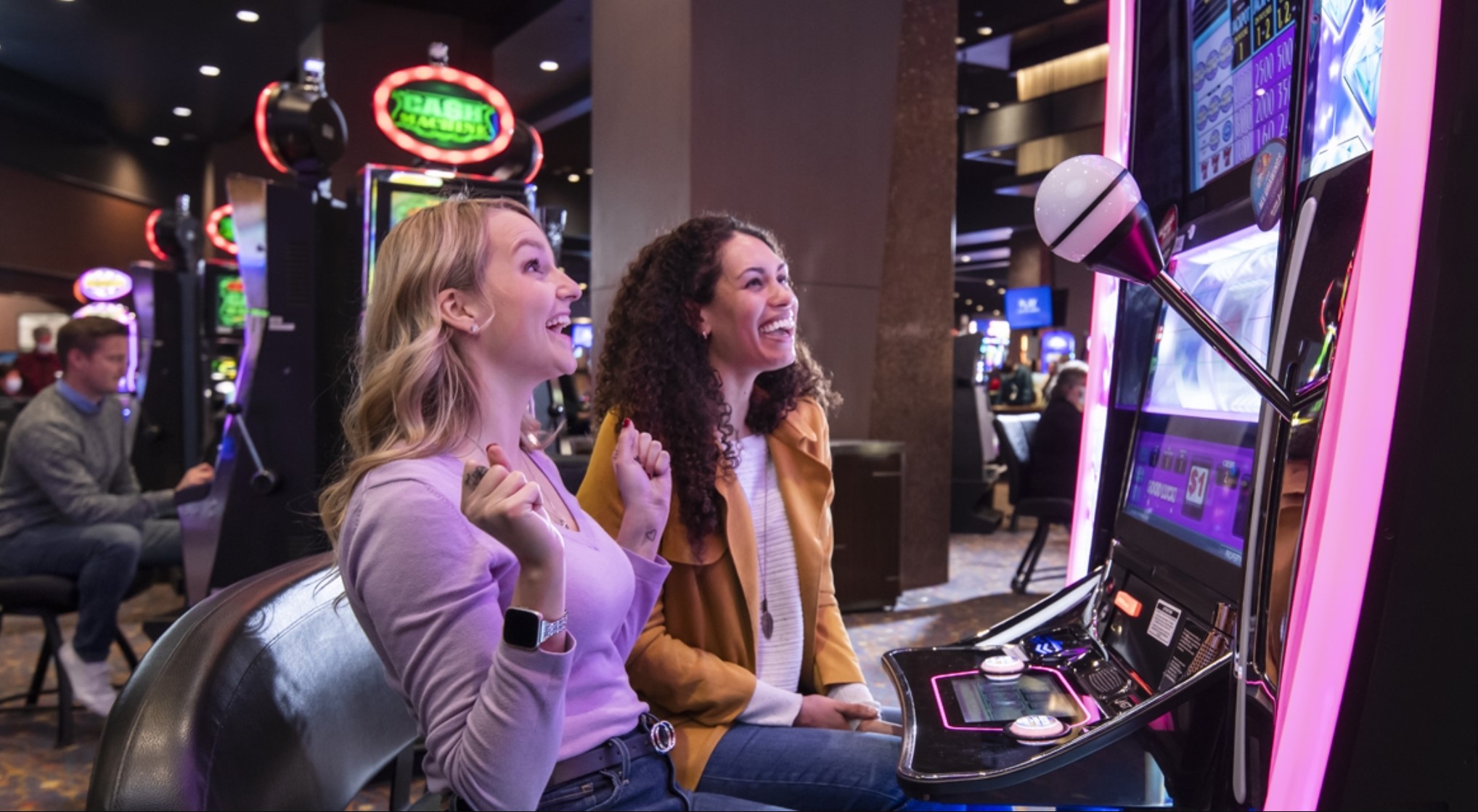
Casino entertainment have long been an integral part of human culture, delivering not just entertainment but a intriguing reflection of our hopes, ambitions, and fears. From the spinning reels of a slot machine to the skill-based strategies of poker, these games represent a spectrum of human emotions and incidents. At their core, casino games are more than a chance to make profits; they are a snapshot of life itself, where risk and reward intertwine and fate can change in an moment.
As players assemble around tables or sit in front of vibrantly illuminated machines, they take part in a tradition that transcends mere playing. These games reflect our natural desires for social interaction, adventure, and the pursuit of luck. They also reveal deeper truths about human psychology, such as our relationship with chance and the excitement of uncertainty. In exploring casino games, we reveal not only the rules of play but also the intricate pattern of the human story, showcasing our interconnected narratives of goal and reality.
The Psychology of Gambling
Wagering is intrinsically connected in the psyche of individuals, tapping into various feelings and desires. The thrill of taking risks is a fundamental aspect that draws players in, be it it’s thrill of spinning a roulette or the excitement of drawing a winning card in poker. This adrenaline is often compared to other forms of thrill, as the uncertainty of outcomes triggers a unique psychological response. Players often find themselves entranced by the possibility of winning big, leading to an almost magnetic draw toward casino games.
Additionally, an essential component of the psychology behind gambling is the concept of optimism and ambition. Participants often nourish fantasies of financial freedom and the opulent lifestyle that can accompany winning. This optimism fuels their continued participation in gambling, as it provides a sense of purpose and the conviction that a life-changing win could be just one bet away. The story of beating the odds and finding success resonates with many, strengthening their commitment to play and engage with these games.
Finally, social dynamics play a significant role in gambling psychology. Gambling venues are designed to promote social interaction, where gamblers gather to share the experience of wins and losses. This communal aspect not only enhances enjoyment but also influences behavior, as individuals often mimic the actions of others around them. The collective approval found in shared excitement can enhance the emotional experience, making casino games a reflection of not just personal desires but also collective engagement within the gaming community.
## The Dual Nature of Risk and Reward
Casino games embody the delicate balance between risk and reward that resonates profoundly with human psychology. The thrill of placing a bet is often accompanied by a rush of adrenaline, as players are confronted with the chance of striking it rich, yet fully aware of the possibility to suffer losses. 88clbbb.com This twofold experience reflects a core aspect of life: the choices we make often come with built-in risks, and the chase for gain can push us to embrace risks we might not otherwise consider. In this way, gambling activities reflect real-world choices, enticing gamblers to gamble not just their money, but also their dreams.
The allure of grand jackpots and winnings fuels a wave of hope, motivating gamblers to dream of a more promising future that could manifest from a lucky spin of the wheel or flip of a card. NẠP TIỀN 88CLB This optimism can drive individuals to engage in riskier behaviors, encouraging them to push their boundaries in search of economic benefit. However, just as in life, the outcomes of these risks can lead to both triumph and failure. The narratives of both jackpot winners and those who have faced losses everything at the tables demonstrate the random nature of luck and its consequential effect on our existence.
Ultimately, the interaction of engaging with gambling activities serves as a potent reminder of the nature of humanity. Every round played is loaded with the tension of ambiguity, as gamblers weigh the gains against the dangers. This balance not only highlights the excitement that comes with gambling but also reveals the vulnerabilities that come with the longing for more. As we explore the challenges of decision-making and results in both the gambling world and in life, we find that the quest for gain shapes our character and lives in significant manners.
Community and Loneliness in Gambling Culture
Casino environment is a special mix of communal engagement and individual pursuit, reflecting the tensions of individual experience. Players often gather around games, experiencing in the thrill of the action, rejoicing in wins, and commiserating over losses. This social aspect is crucial, as it fosters a sense of belonging and camaraderie among diverse groups of people. Regular visitors to casinos may build friendships and develop routines, turning the casino into a second home where they experience connected to a larger community of players.
However, the appeal of gambling games can also lead to isolation. As players become immersed in the thrill of gambling, they may isolate from personal relationships or neglect to engage with the environment outside the gaming space. For some, the pursuit of a windfall can distract from genuine connections, leading to loneliness. The experience of being among people yet experiencing solitary is not rare, as the attention shifts from shared enjoyment to the private concerns of each individual’s journey.
This interaction of community and solitude creates a vivid tapestry that defines casino atmosphere. It showcases the complexity of social interactions, where joy and despair exist together. Gambling venues serve as both a refuge for social interaction and a platform for individual struggles, demonstrating how deeply connected our desire for connection and the personal quest for wealth can be. In navigating this landscape, gamblers confront their own narratives—seeking both the thrill of the wager and the fellowship of other players, ultimately reflecting the broader spectrum of human experience.
